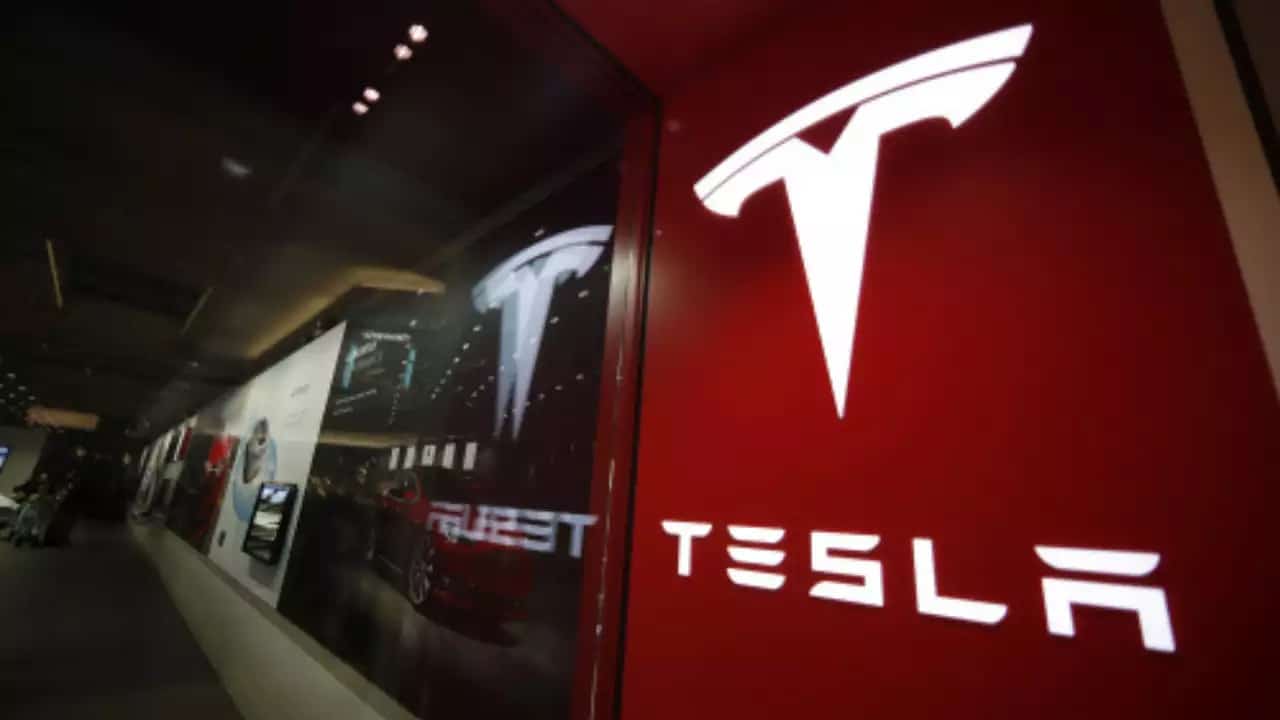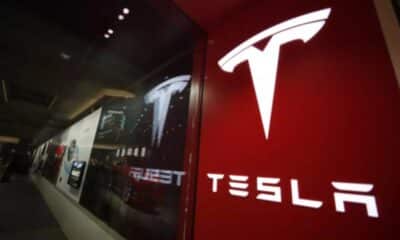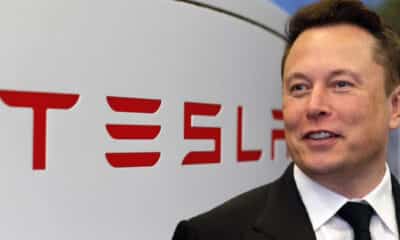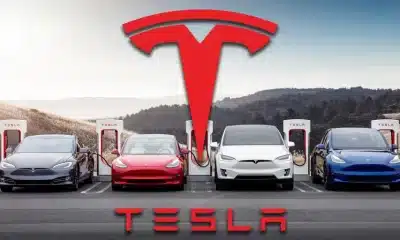Business
Tesla Hit With Class Action Lawsuit for Violating Customers Privacy

A Tesla owner in California filed a potential class action lawsuit against the electric manufacturer on Friday, accusing it of violating customers’ privacy. The lawsuit was filed in the United States District Court for the Northern District of California after Reuters reported on Thursday that between 2019 and 2022, groups of Tesla employees privately shared sometimes highly invasive videos and images recorded by customers’ car cameras via an internal messaging system.
The lawsuit, filed by Henry Yeh, a San Francisco resident who drives a Tesla Model Y, claims that Tesla personnel had access to the photographs and videos for their “tasteless and tortious entertainment” and “humiliation of those secretly recorded.”
“Like any reasonable person, Mr. Yeh was outraged at the prospect of Tesla’s cameras being used to violate his family’s privacy, which the California Constitution scrupulously protects,” Jack Fitzgerald, an attorney representing Yeh, told Reuters.
“Tesla must be held accountable for these invasions and for misleading him and other Tesla owners about its lax privacy practices,” Fitzgerald said. Tesla did not immediately respond to a request for comment from Reuters.
According to the lawsuit, Tesla’s behavior is “particularly egregious” and “highly offensive.”
It stated that Yeh was launching the action “on behalf of himself, similarly situated class members, and the general public” against Tesla. According to the complaint, the prospective class would comprise those who owned or leased a Tesla within the last four years.
Reuters said several Tesla employees witnessed clients “doing laundry and intimate things.” “We could see their kids,” a former employee said.
“Indeed, one of the most fundamental liberty interests society recognizes is parents’ interest in their children’s privacy,” the lawsuit stated.
The lawsuit requests that the court “enjoin Tesla from engaging in wrongful behavior, including violating customers’ and others’ privacy, and to recover actual and punitive damages.”
Meanwhile, the Financial Review reports that Tesla has reduced the price of all its vehicles in the United States after price decreases during the first quarter increased sales.
The business reduced the price of its higher-volume Model 3 and Y electric vehicles by $US1000 ($1500) and the price of its more expensive Model S and X vehicles by $US5000. It also debuted a new base model of the Model Y, beginning at $US49,990.
Elon Musk, Tesla’s CEO, has stated that he is willing to sacrifice profitability to continue growing in the face of rising interest rates and a possible recession.
Tesla is in the unusual position of having large profit margins to work with among EV manufacturers, as incumbents such as Ford Motor and younger entrants like Rivian Automotive and Lucid Group struggle to make money at lower volumes.
Musk stated at a January 25 earnings conference that orders were running at nearly twice the rate of manufacturing following Tesla’s initial lineup-wide price decreases earlier this year. However, the business could not maintain that supply-demand dynamic: deliveries increased by roughly 4% over the previous quarter, and Tesla produced nearly 18,000 more cars than it delivered to consumers.
Despite a second round of Model S and X discounts in early March, Tesla delivered just 10,695 units in the quarter, the lowest number since the third quarter of 2021. Following the most recent improvements, Tesla has reduced the price of each vehicle by at least $US20,000 and up to $US34,000 since the beginning of the year.
Earlier this year, the US carmaker reduced vehicle prices in China, sparking a pricing war in the world’s largest new-energy vehicle market. According to preliminary data given earlier this week by China’s Passenger Car Association, it exported 88,869 vehicles from its Shanghai production in March.
In China, a basic Model 3 costs 229,900 yuan ($33,400), while the Model Y costs 261,900 yuan ($38,086).
While Tesla continues to outsell other automakers in global EV sales, it faces greater competition than ever from China’s BYD Co, with BloombergNEF analysts anticipating the Berkshire Hathaway-backed manufacturer to challenge for the top spot this year.
Tesla must also ramp up the pace to continue growing at the rate that investors have come to expect. Last year, the corporation fell short of its aim of a 50% average annual increase in car deliveries, instead rising by 40%. Its growth rate fell to 36% in the first quarter.
On April 19, the Austin, Texas-based corporation will announce earnings.
In a proxy statement filed on Thursday, Tesla said that it is seeking shareholders to appoint JB Straubel, its former chief technology officer, to its board of directors to reorganize the carmaker’s senior management structure.
Straubel would succeed Hiromichi Mizuno, who has stated that he will not run for reelection. Tom Zhu, the driving force behind Tesla’s Shanghai plant, has also been named senior vice president for automotive operations.
The proposal to elect Straubel is one of five topics the firm has requested investors to vote on at its annual meeting on May 16. In contrast to the eight shareholder proposals considered in 2022, the proxy contains only one.
According to the filing, Musk did not receive a salary in 2022.
The proxy also provides an update on the number of shares Musk has pledged as collateral for the debt he has taken on, which is around 238 million, or 58% of his total shares. That amount is up from 52% when Tesla submitted its annual report in August 2022, when he had approximately 268 million shares pledged. The document also contains details regarding a change in its pledging policy, which limits the amount of loan Musk can promise.

/cdn.vox-cdn.com/uploads/chorus_asset/file/8810615/akrales_170414__1610_0149.jpg)









































